Insulation and Passive Technology Benefits of Prefab Modular Buildings

Benefits of Insulation and Passive Technology in Prefab Modular Buildings
Prefab modular buildings, as innovatively presented by Pressmach, represent a significant advancement in modern construction. These structures are economical, time-efficient, and flexible in design and application. One reason why they are becoming popular is improved insulation with a passive approach, leading to increased energy efficiency and sustainability. Pressmach's commitment to incorporating these technologies positions their prefab solutions at the forefront of ecological and economic construction trends. This blog aims to explore the myriad benefits and progressive advancements of insulation and passive technologies in Pressmach's prefab modular buildings, highlighting their role in shaping a more sustainable and efficient future in construction.
Understanding Prefab Modular Buildings
Prefab modular buildings, as a part of our Pressmach offerings, are constructed using pre-manufactured modules that are designed and built in a controlled factory setting. These modules are then transported to the site and assembled to form a complete structure. This construction process significantly reduces build times and on-site labor requirements. Our prefab buildings blend precision engineering with innovative design, making them a highly relevant solution in contemporary architecture. They address a range of needs, from residential to commercial spaces, with versatility and efficiency. Our approach to prefab construction not only streamlines the building process but also ensures consistency in quality, aligning with modern demands for sustainable and cost-effective architectural solutions.
Role of Insulation in Prefab Modular Buildings
At Pressmach, we recognize the crucial role of insulation in the performance and sustainability of prefab modular buildings. Whatever the prevailing external weather, there has to be adequate insulation for indoor comfort. It functions like a blocker that minimizes heat transmission between the building and the surroundings, a vital element of energy efficiency.
We employ various types of insulation material in our prefabricated structure construction, and every type has its uniqueness and suitability for different jobs. Common materials include fiberglass, rock wool, and foam boards, all known for their excellent thermal resistance.
Our insulation techniques are tailored to the unique requirements of each module. This includes careful placement within wall cavities, floors, and roofs, ensuring complete coverage without gaps. The result is a significant reduction in heating and cooling needs, leading to lower energy consumption and cost savings for the occupants.
Furthermore, effective insulation contributes to overall comfort by minimizing temperature fluctuations and enhancing soundproofing. This creates a more pleasant and productive living or working space. At Pressmach, we prioritize insulation as a key component in our prefab modular buildings, ensuring they are not only energy-efficient but also comfortable and environmentally friendly.
Passive Design Principles in Prefab Modular Construction
Passive design is an innovative approach in architecture that utilizes the natural environment to maintain a comfortable temperature in buildings, thereby reducing the reliance on artificial heating and cooling systems. The principles of passive design focus on harnessing natural light and heat, optimizing insulation, and improving airflow.
At Pressmach, we integrate passive design strategies into our prefab modular buildings to enhance their energy efficiency and sustainability. Our designs strategically utilize building orientation, window placement, and shading to maximize natural light and heat during cooler months while minimizing it during warmer periods. We also consider factors like local climate and sun path to optimize these elements effectively.
We build our structures using materials with high thermal conductivities, which absorb heat during the day and release it slowly when the atmosphere cools, helping maintain a constant climate within the space. We focus on cross-ventilation for a steady circulation of fresh air that enhances internal air comfort without involving mechanical ventilation.
Incorporating these passive design elements leads to significant energy savings. By reducing the need for additional heating and cooling, our portable building solutions consume less energy, translating to lower utility costs and a smaller carbon footprint. These sustainable practices not only benefit the environment but also offer long-term economic advantages, making Pressmach's prefab modular buildings a smart choice for the environmentally conscious consumer.
The Environmental and Economic Impact
The incorporation of insulation and passive technology in Pressmach's prefab modular buildings, which exemplifies the insulation and passive technology benefits of prefab modular buildings, has a profound environmental and economic impact. On the environmental side, these technologies reduce the carbon footprint of a building. Proper insulation reduces heat losses, which results in lesser use of heating and air conditioning systems that are considered emission sources of greenhouse gases. Passive design strategies harness natural resources, further reducing energy consumption and promoting sustainability.
Economically, the long-term advantages of these technologies are substantial. The initial investment in quality insulation and passive design pays off through marked energy savings. Reduced energy consumption translates to lower utility bills, offering significant savings over the building's lifespan. Furthermore, these buildings often have lower operational and maintenance costs, as the reduced strain on heating and cooling systems leads to less wear and tear and, consequently, fewer repairs.
Overall, the integration of insulated and passive technology in prefab modular buildings aligns with Pressmach's commitment to delivering cost-effective, environmentally responsible building solutions. These innovative approaches not only support sustainable development but also offer financial benefits, making them an attractive option for eco-conscious consumers and businesses.
The insulation and passive technology benefits of prefab modular buildings, as exemplified by Pressmach, are undeniable. These technologies are pivotal in enhancing both the environmental sustainability and economic efficiency of modern construction. We encourage potential clients and industry professionals to consider these innovative solutions for their building needs, recognizing the significant advantages they offer. Companies like Pressmach play a crucial role in advancing sustainable and efficient building practices, setting a benchmark in the industry. Their commitment to integrating these advanced technologies reflects a forward-thinking approach to construction, one that prioritizes both ecological responsibility and operational excellence.
Your Requirements
Related
Blogs


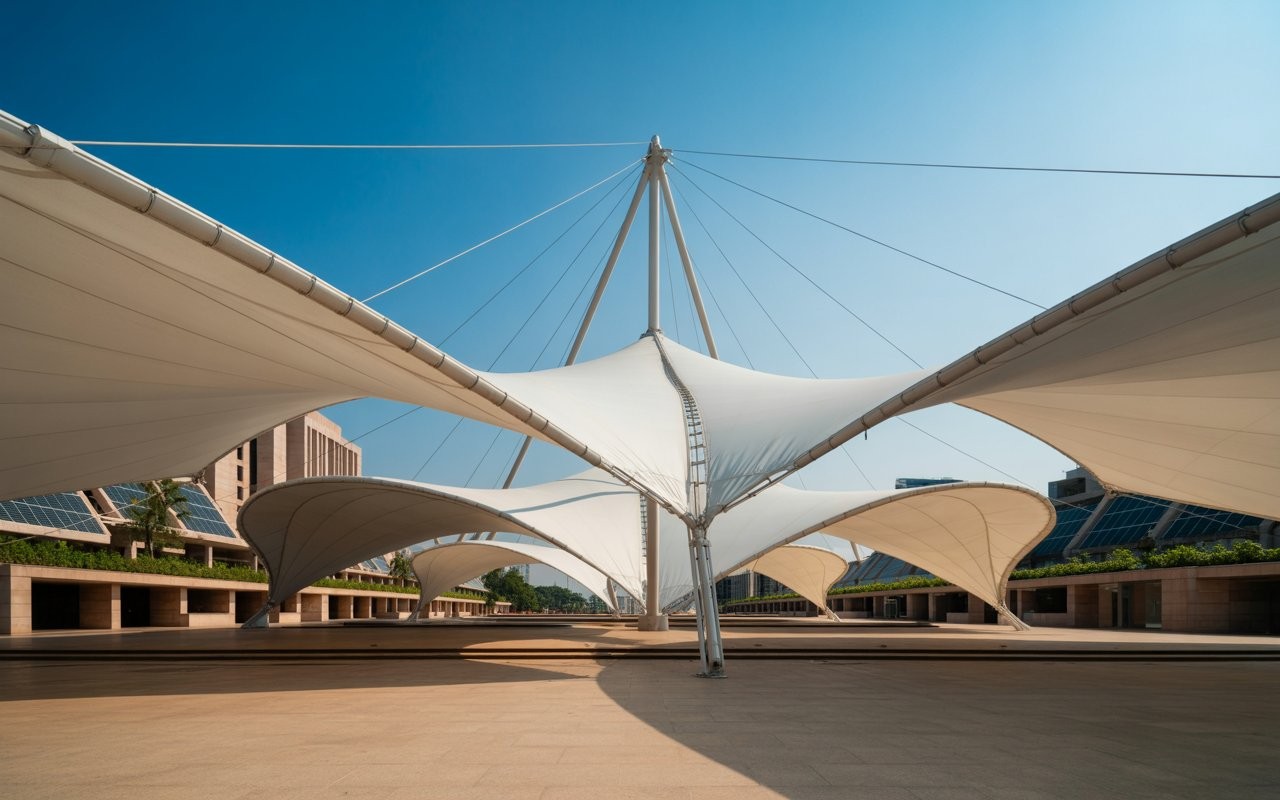
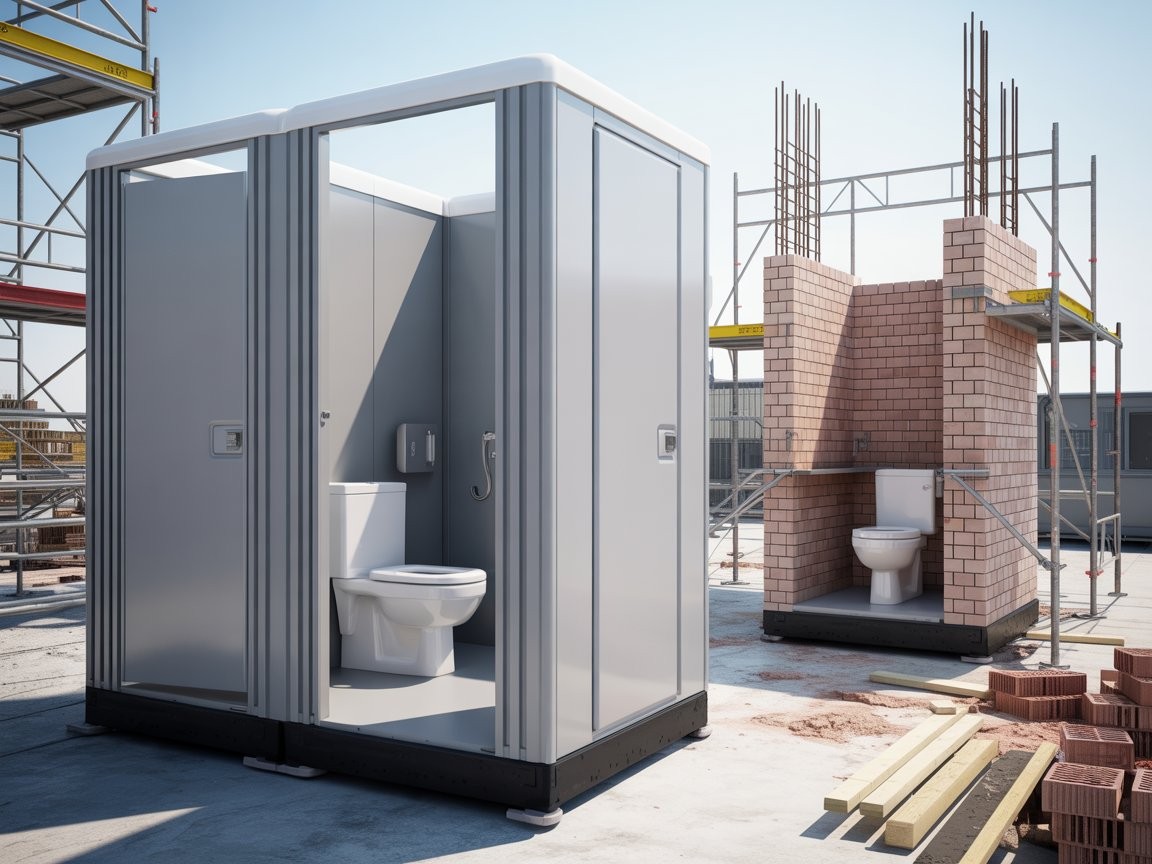
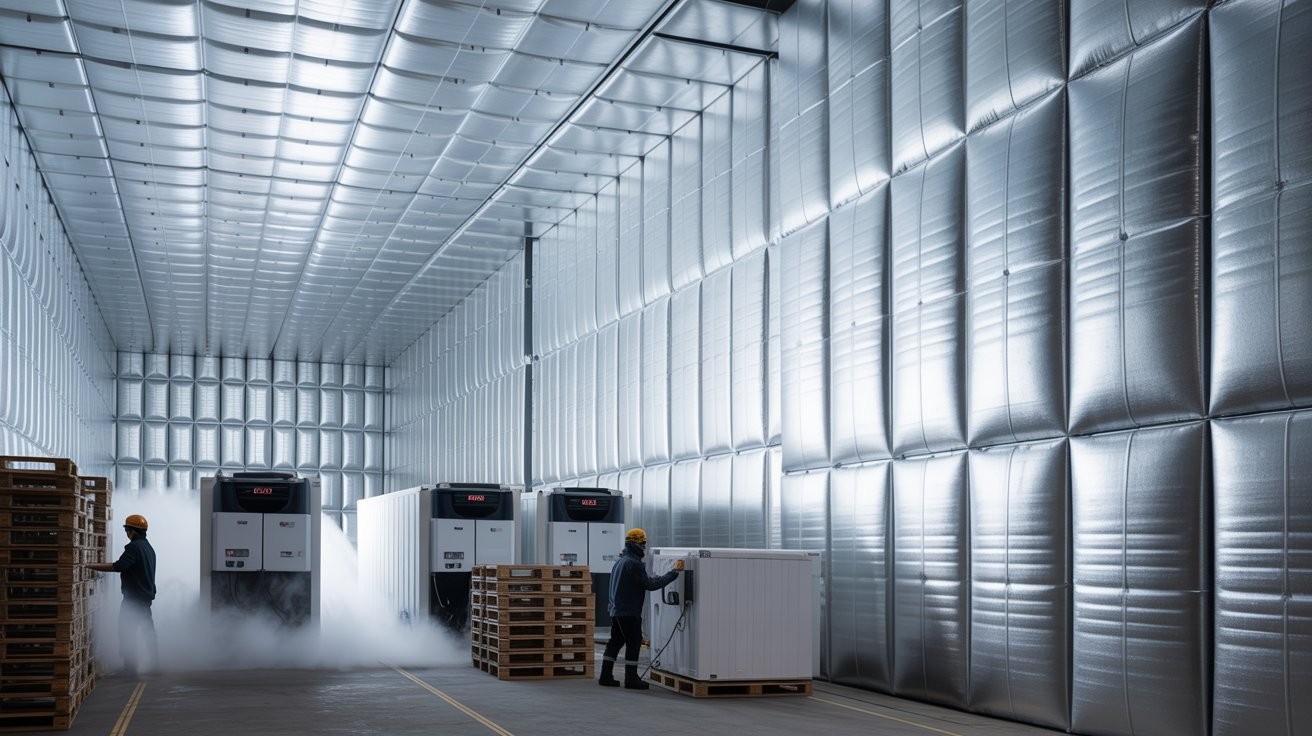
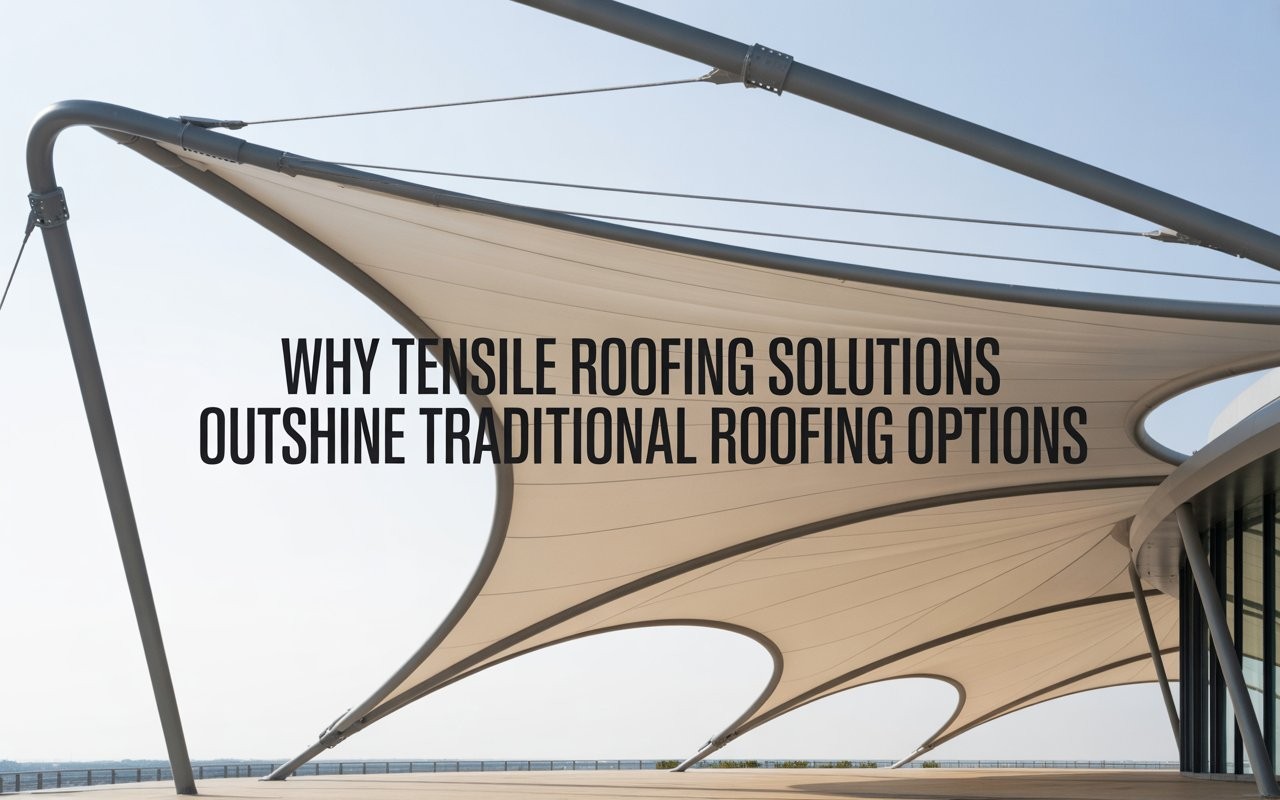
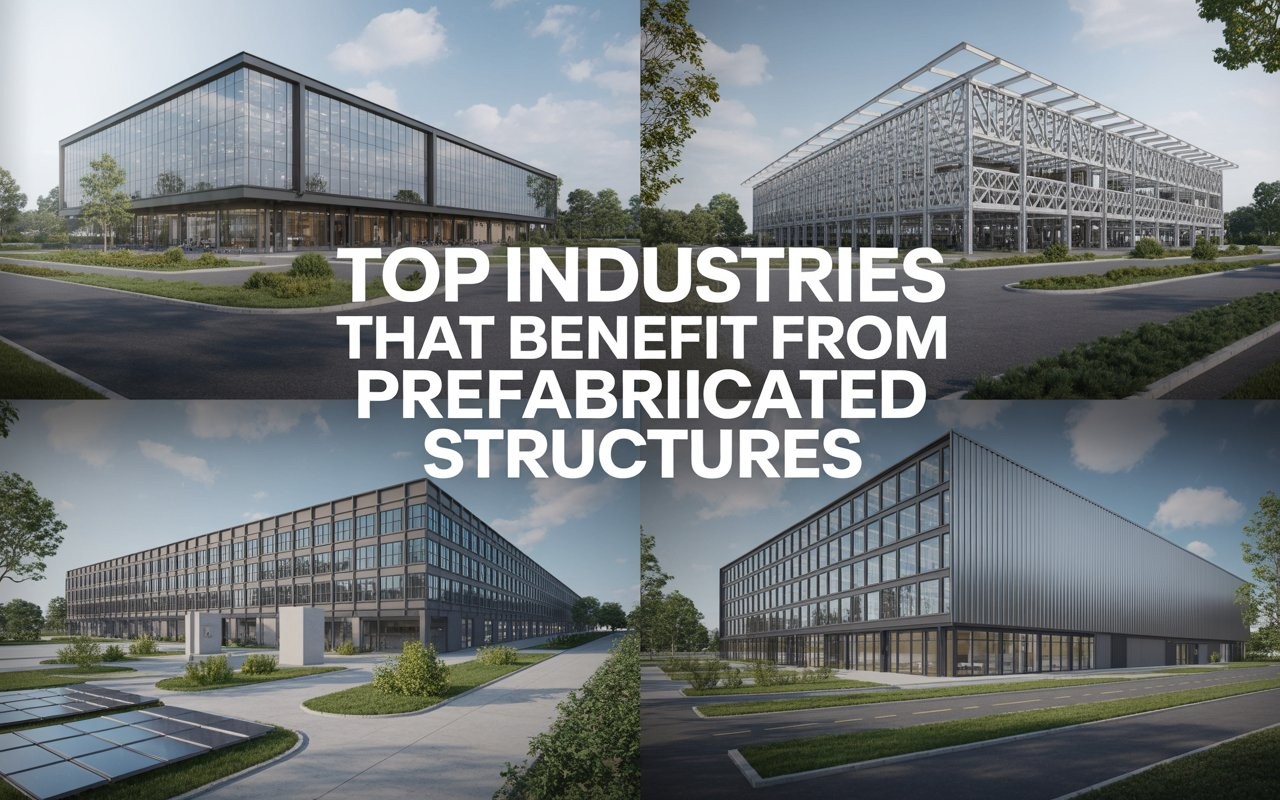
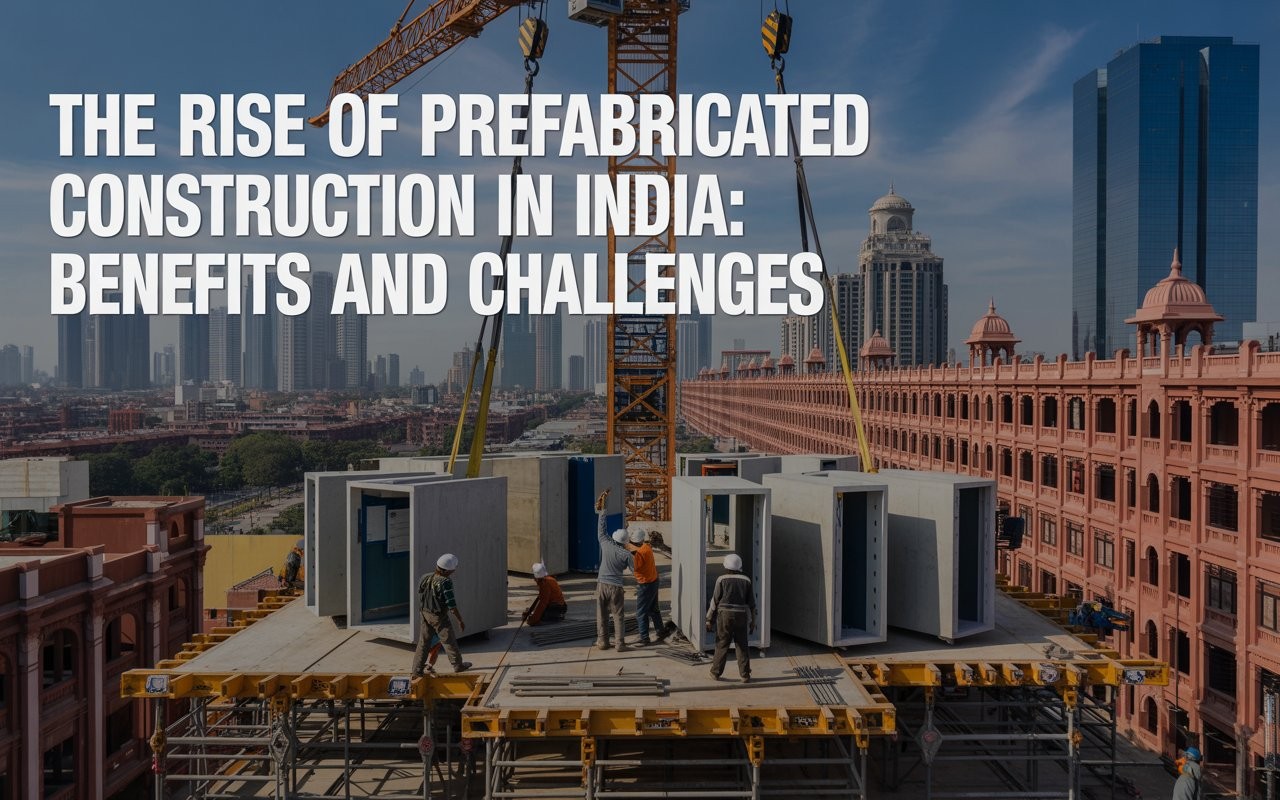
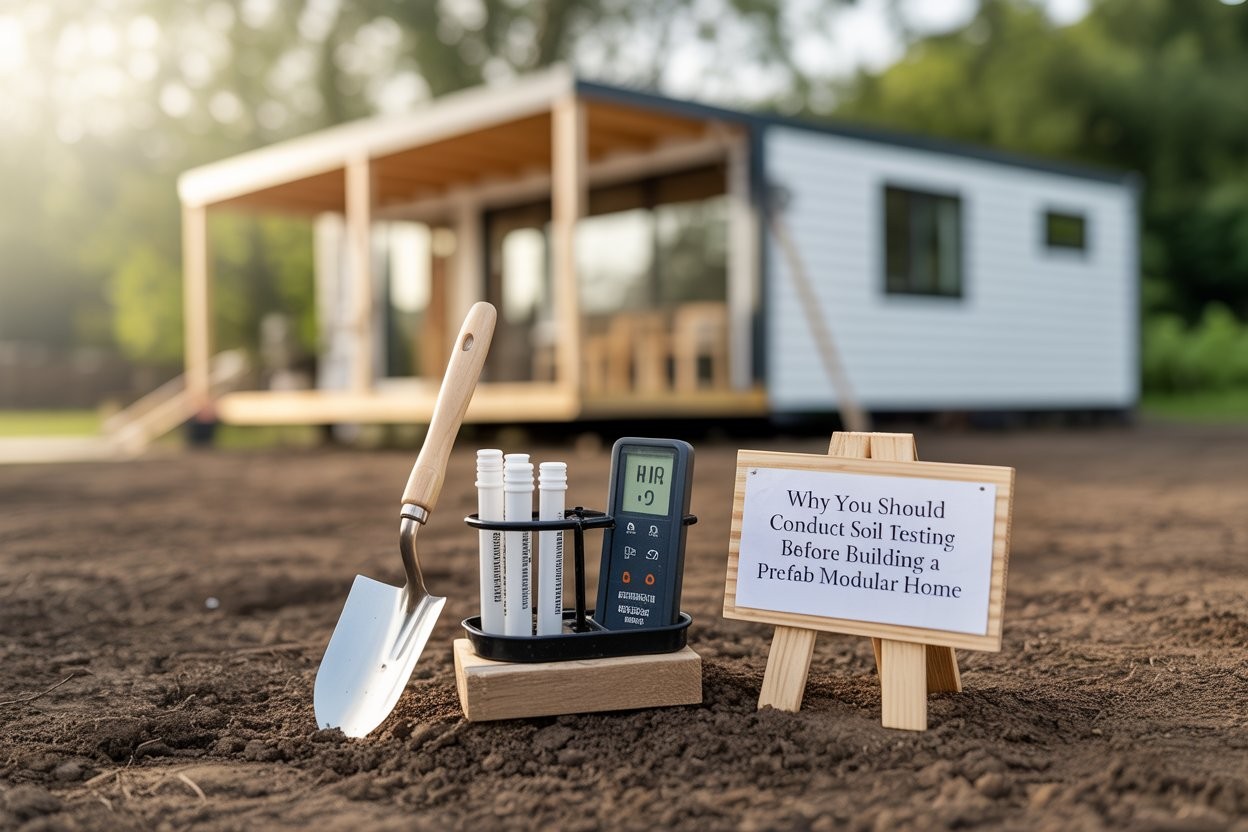
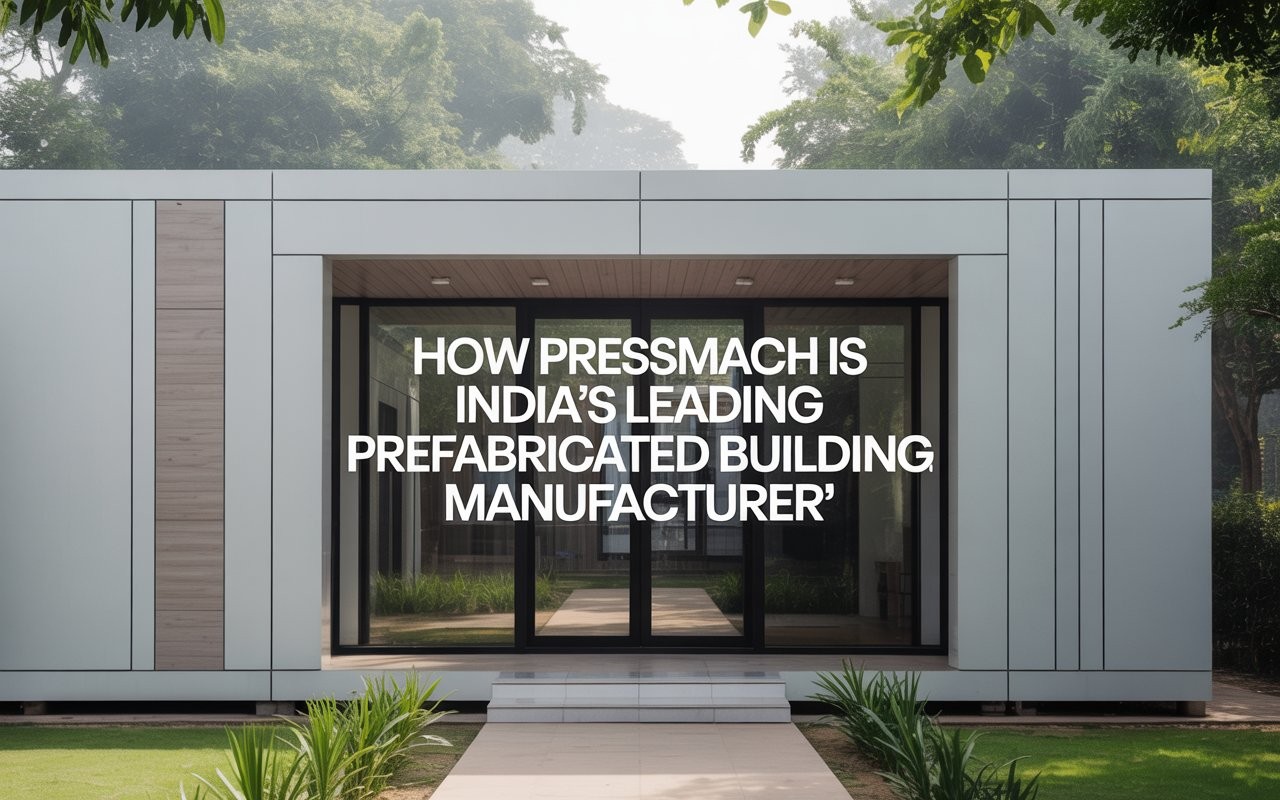
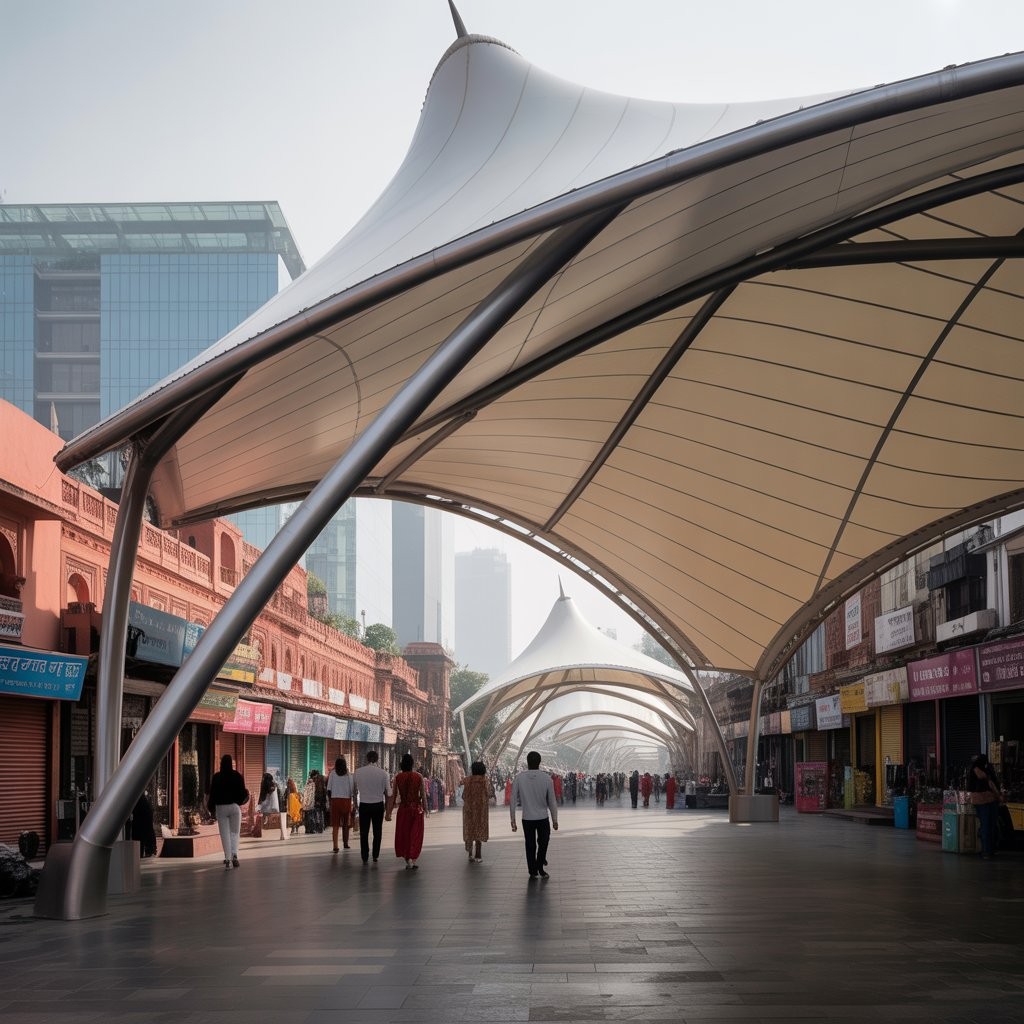
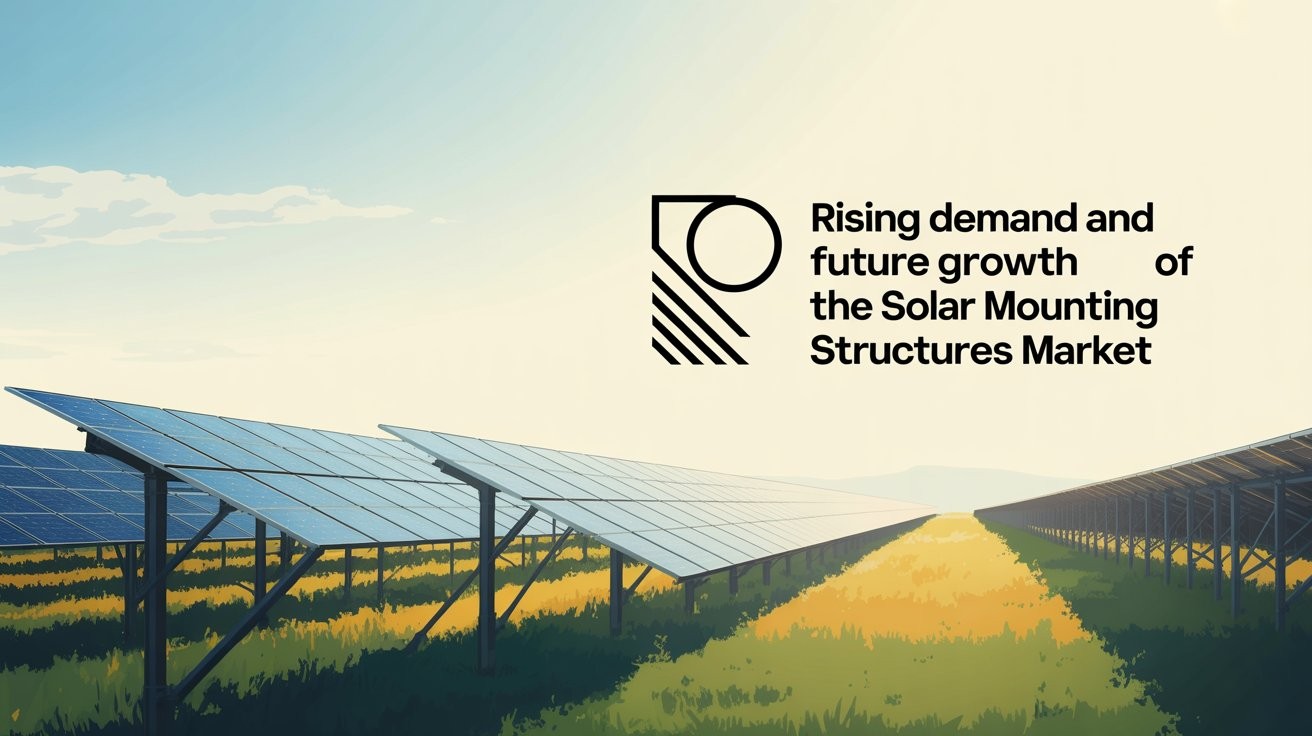
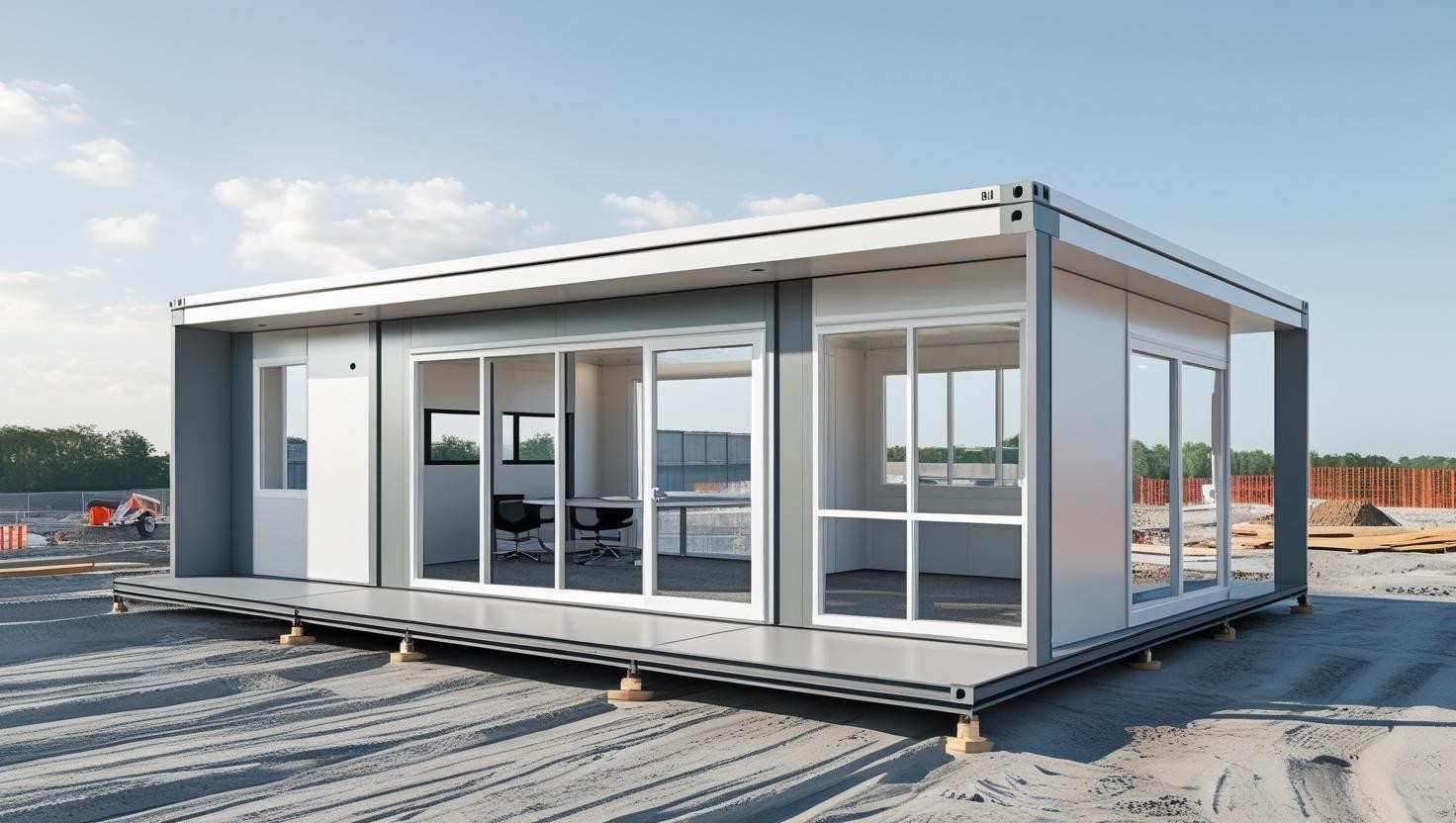
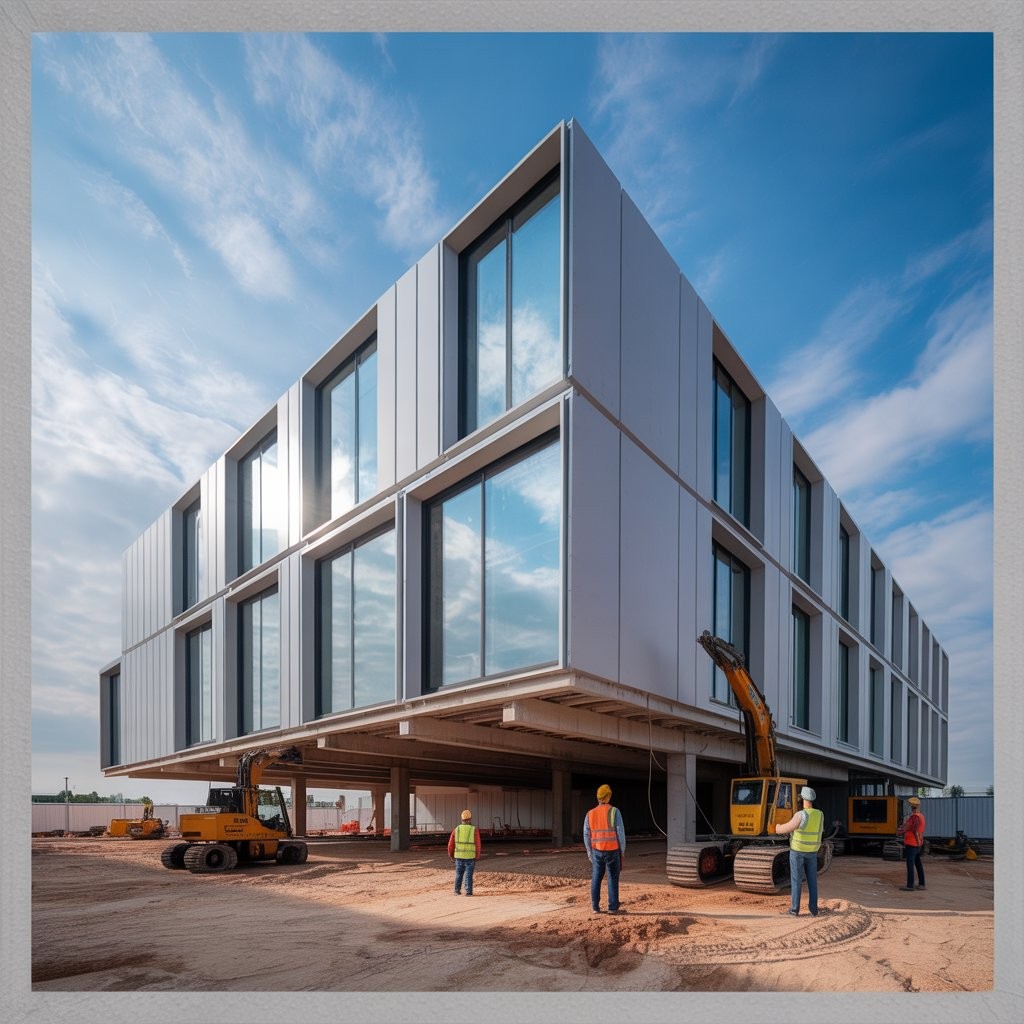










6790c3d8f29a2.jpeg)
























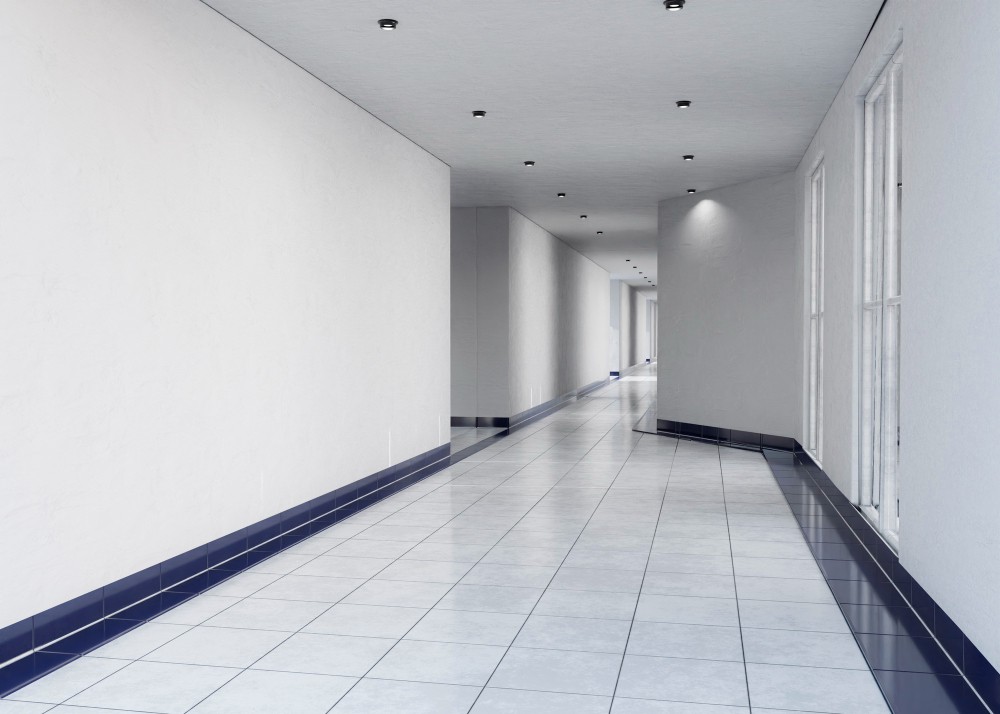
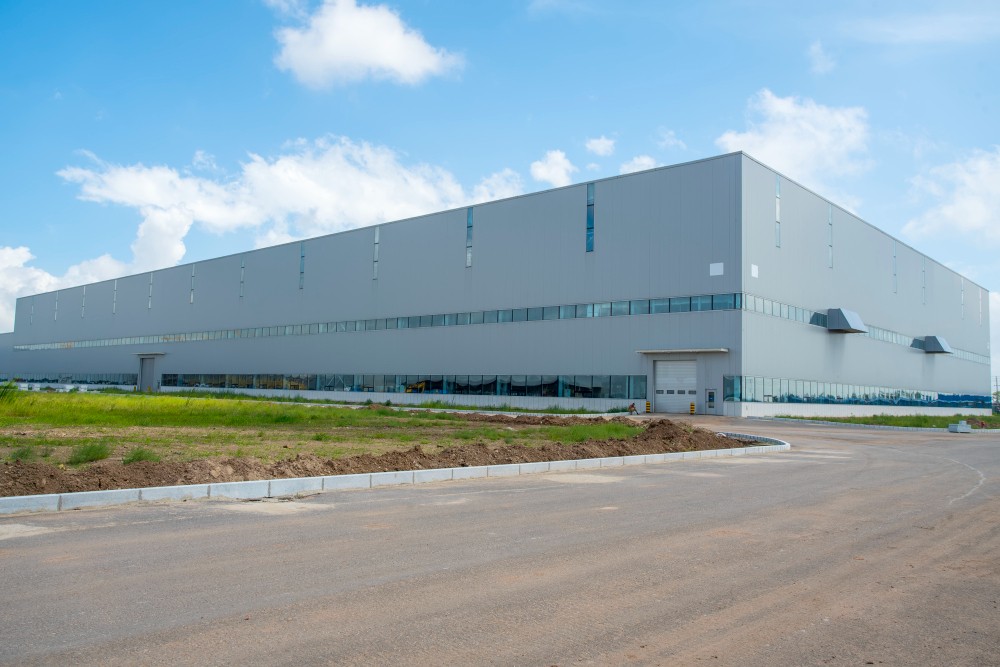

65cf4d38697f9.webp)
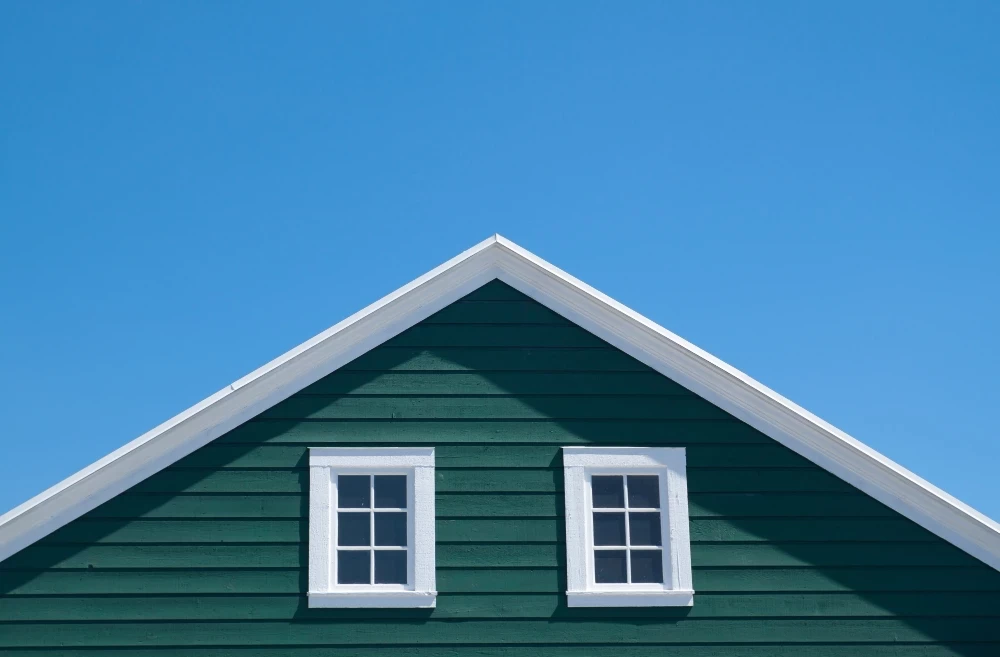
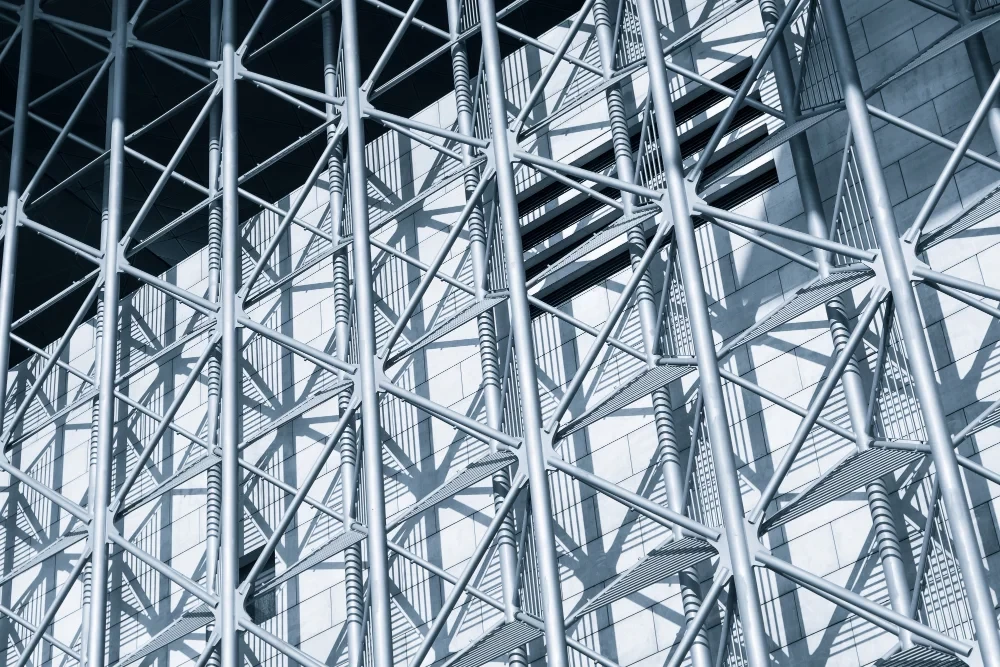
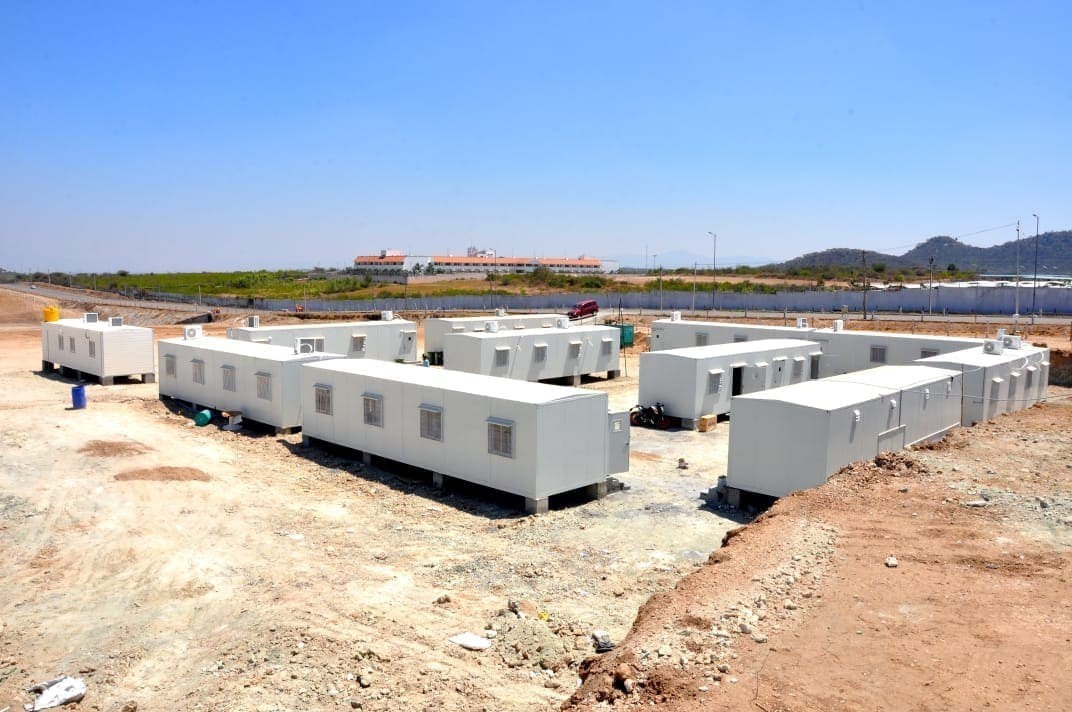
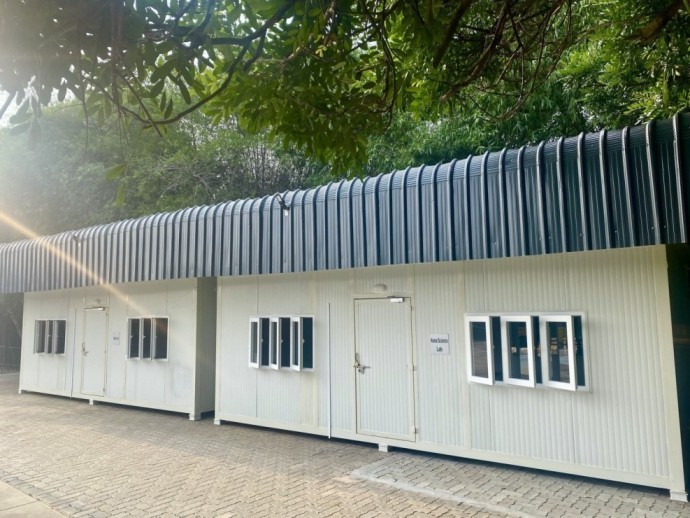

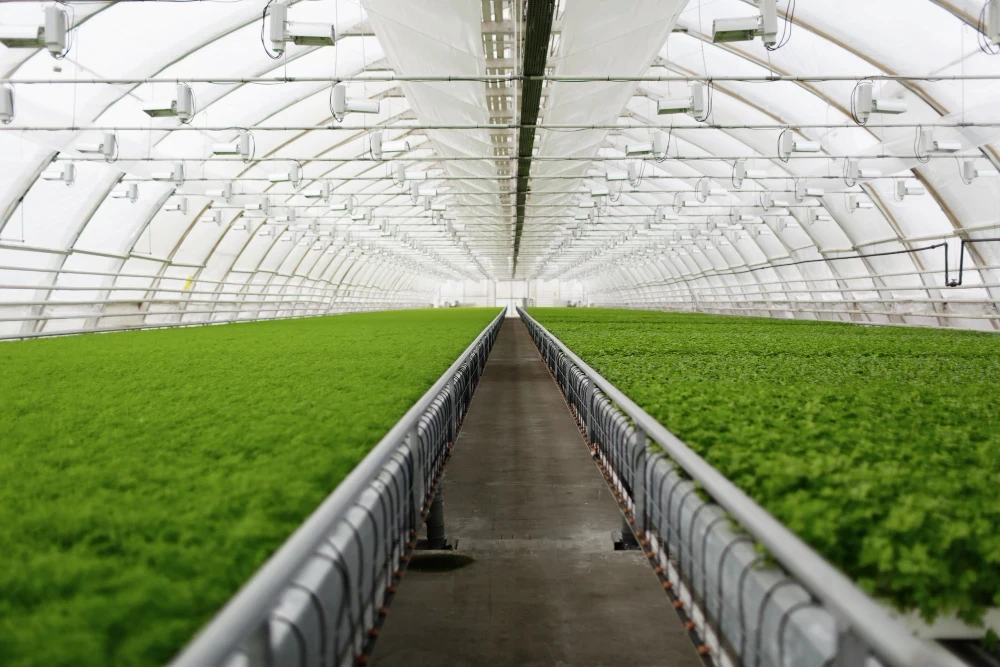
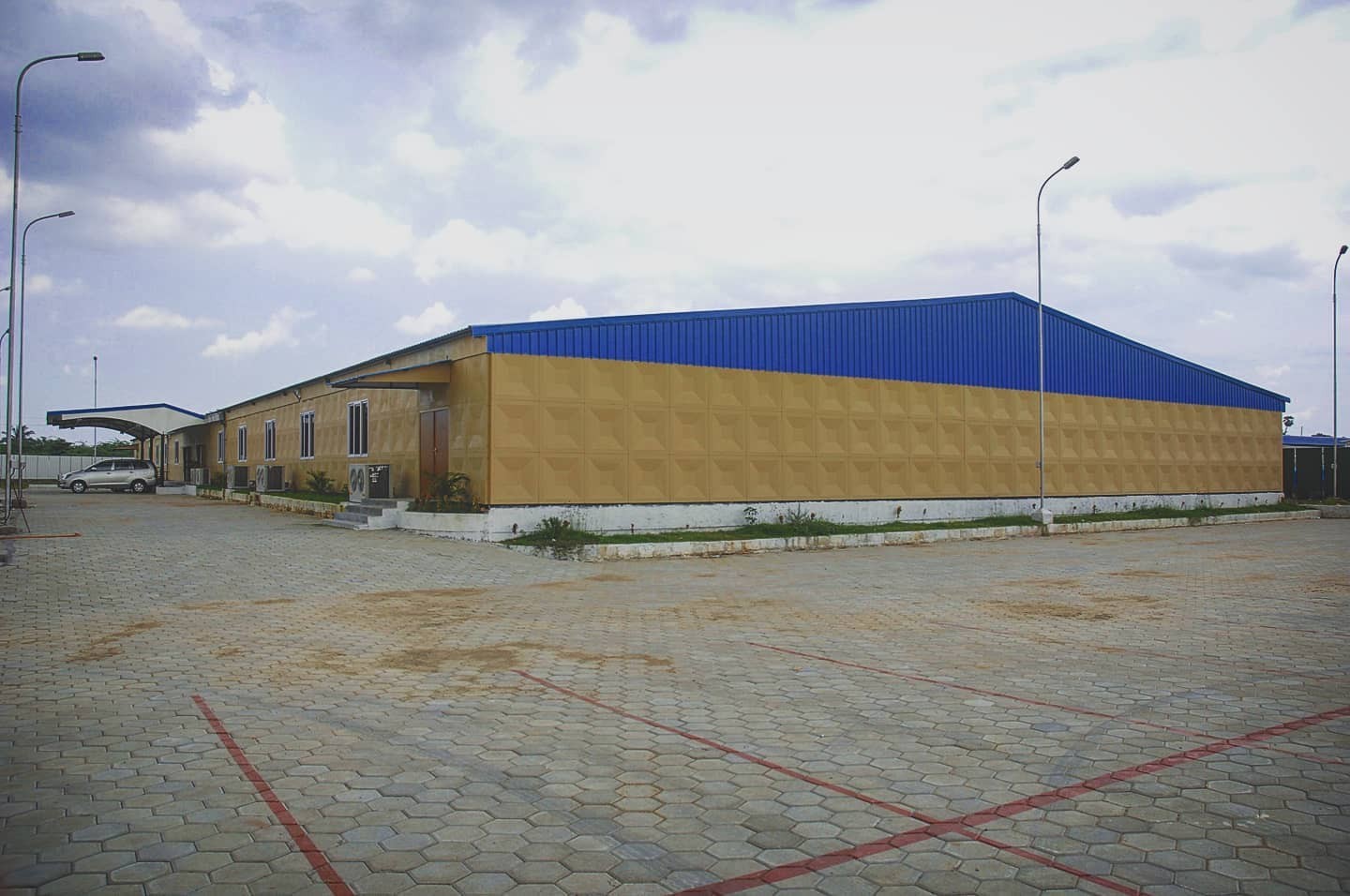
65cf65f046eed.webp)
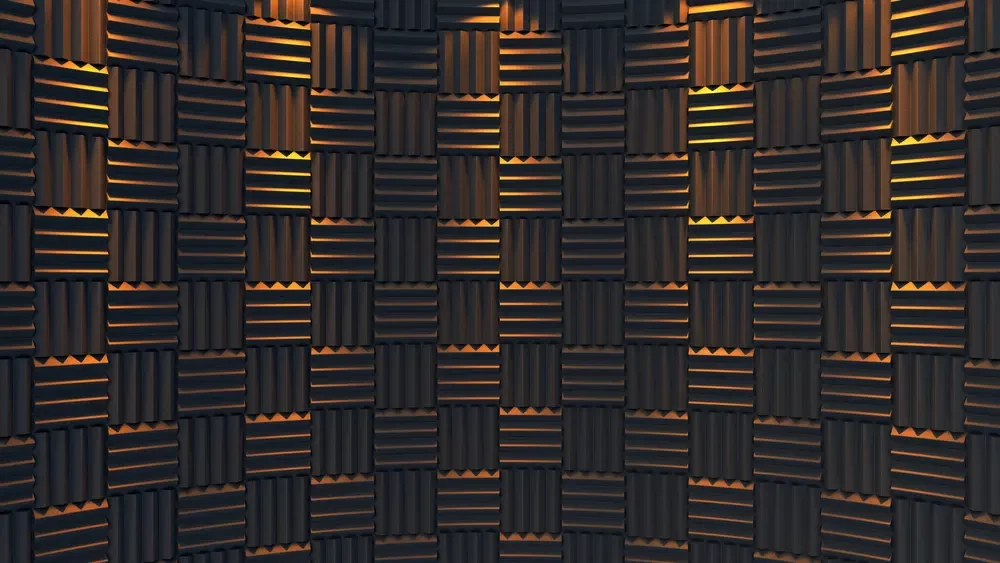
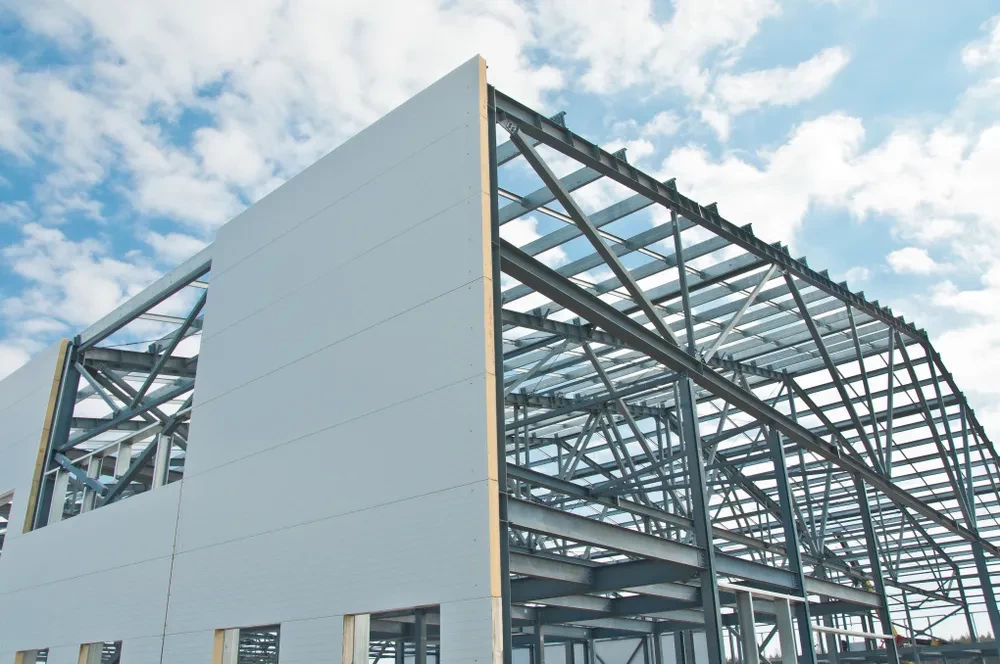
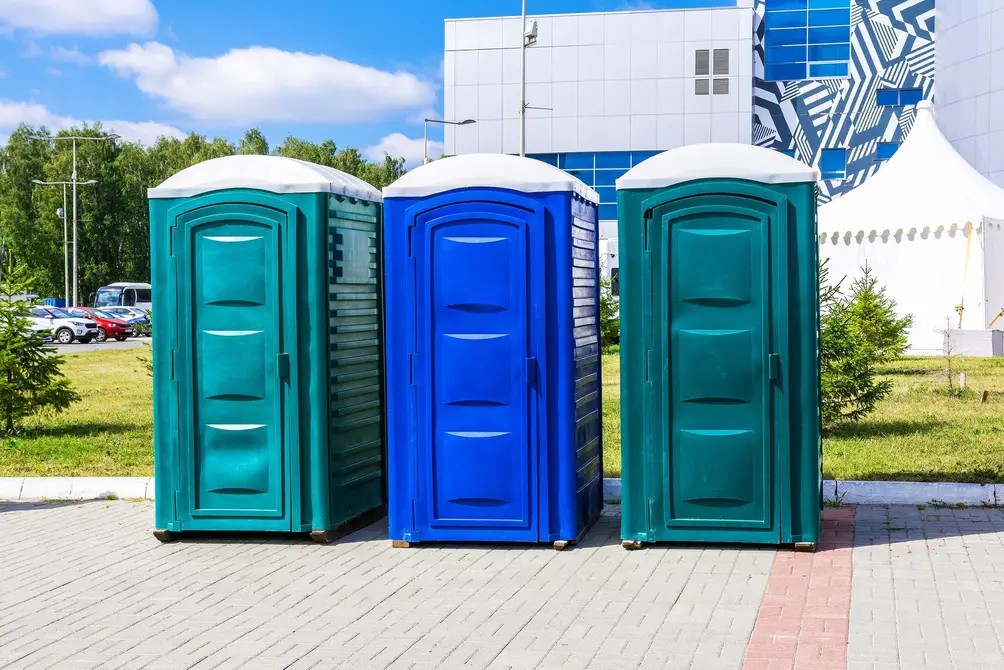
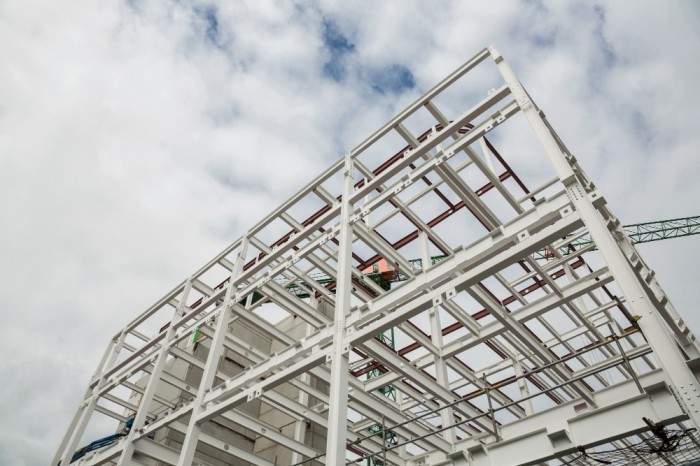
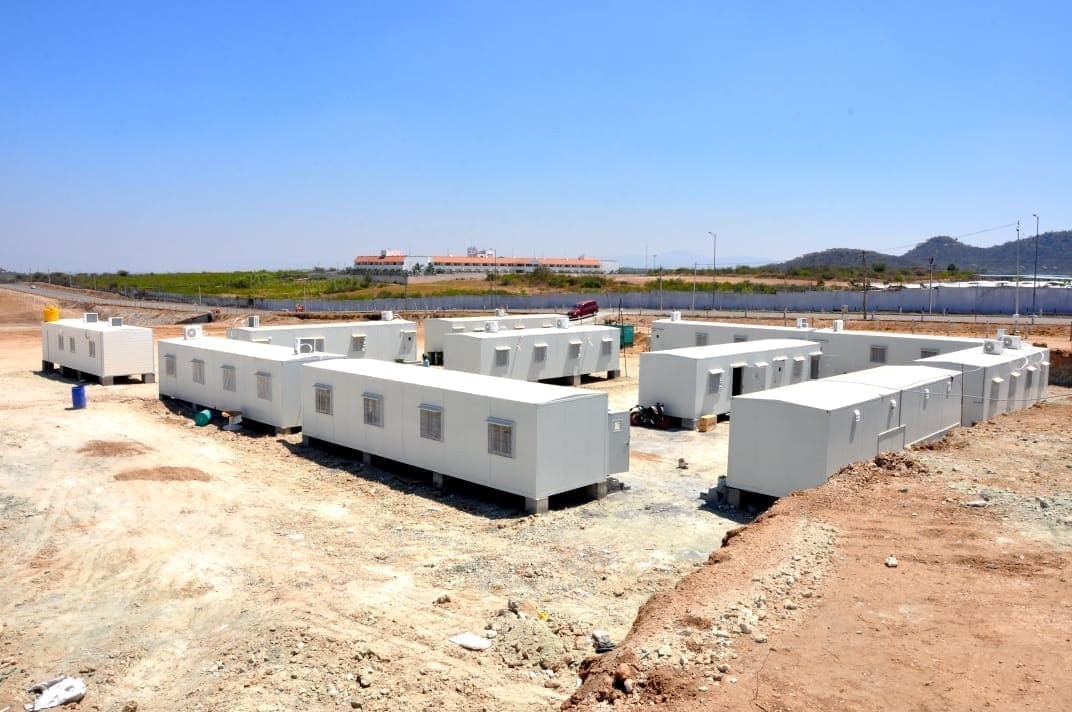
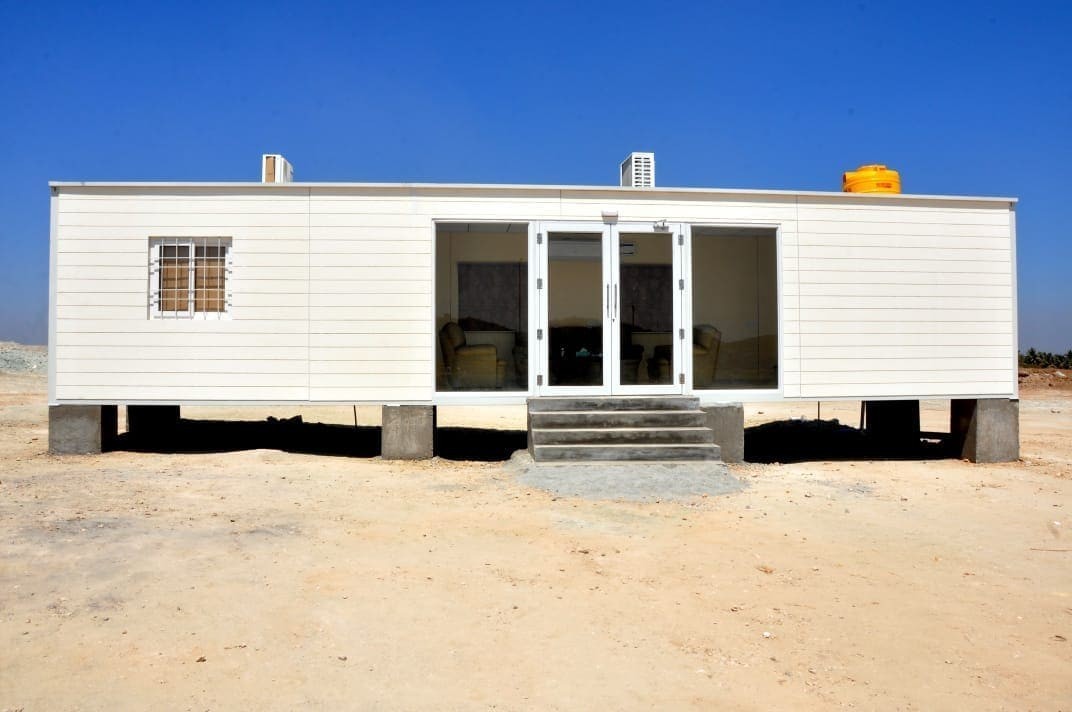
64afe3444467b.jpeg)
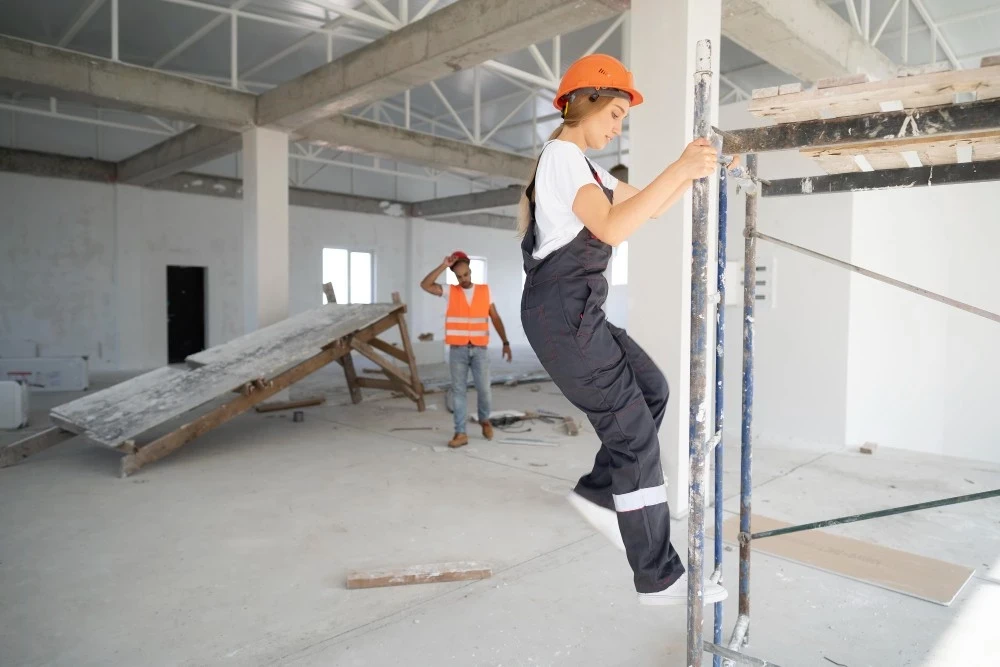
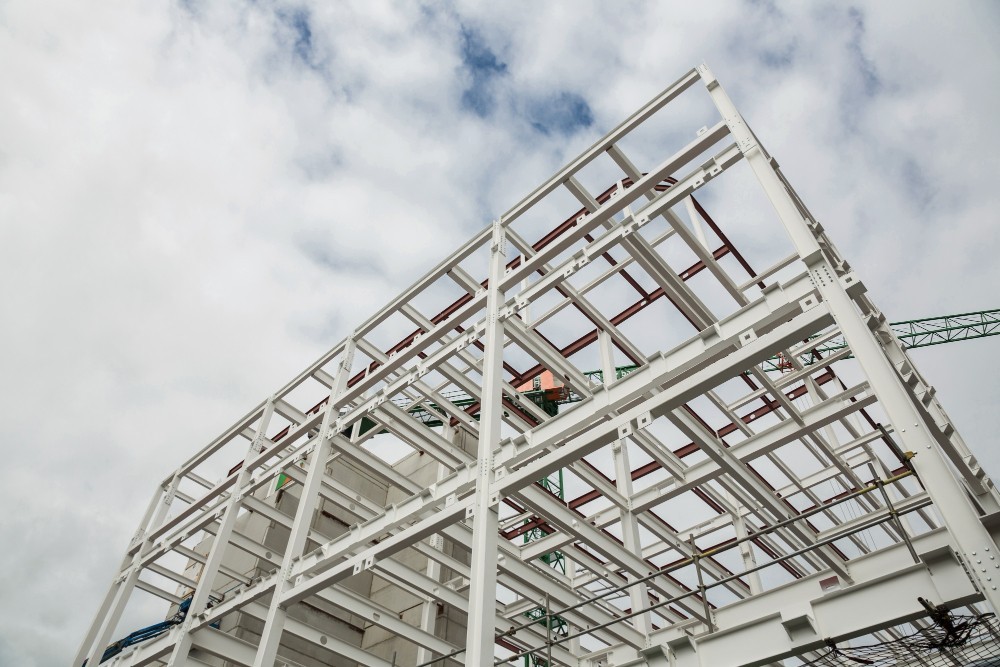
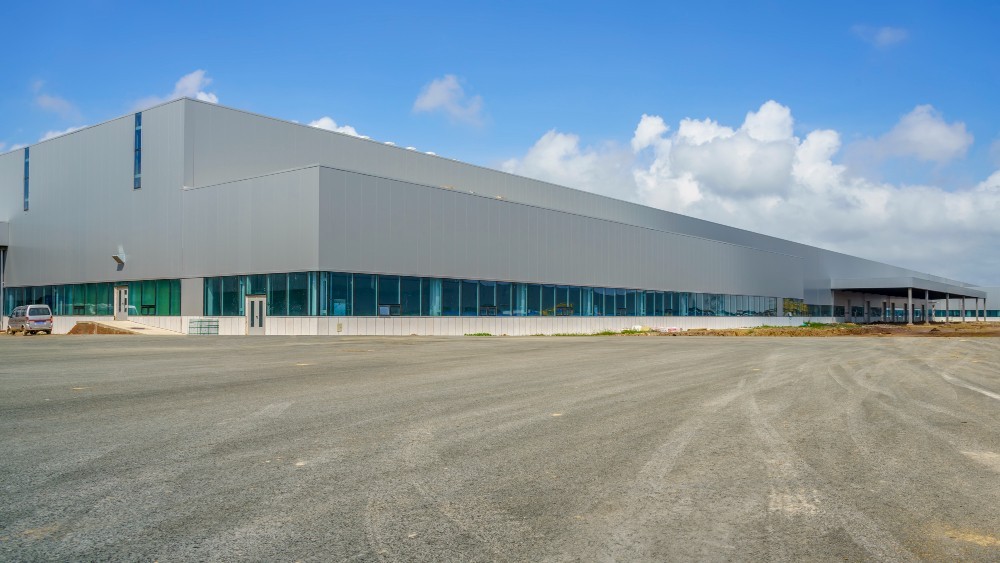
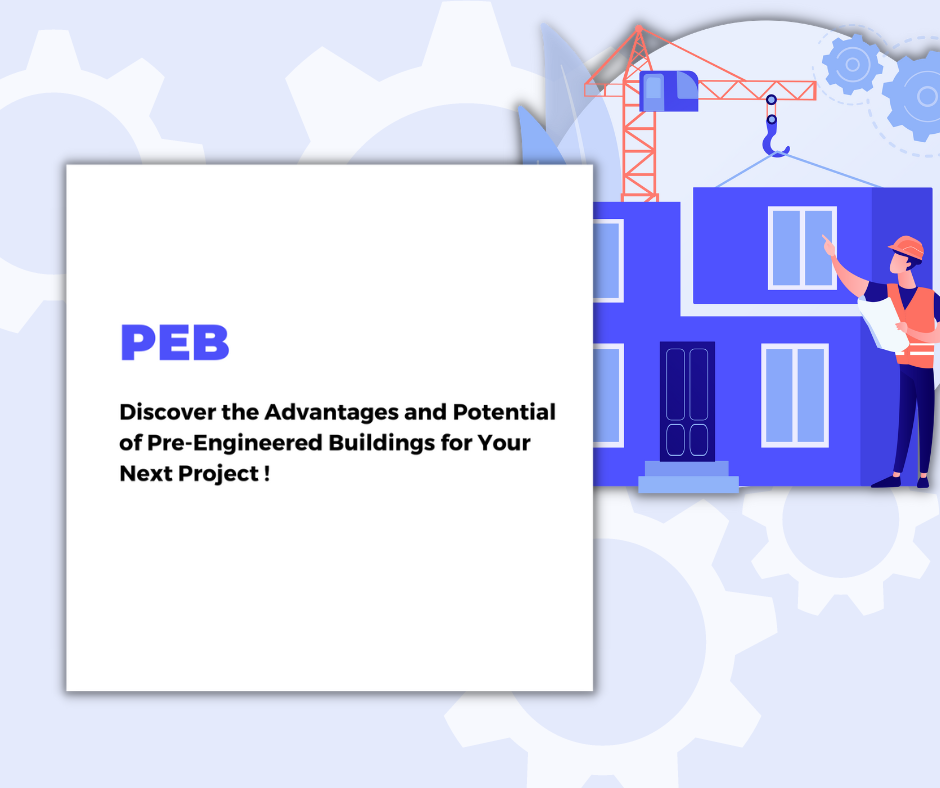
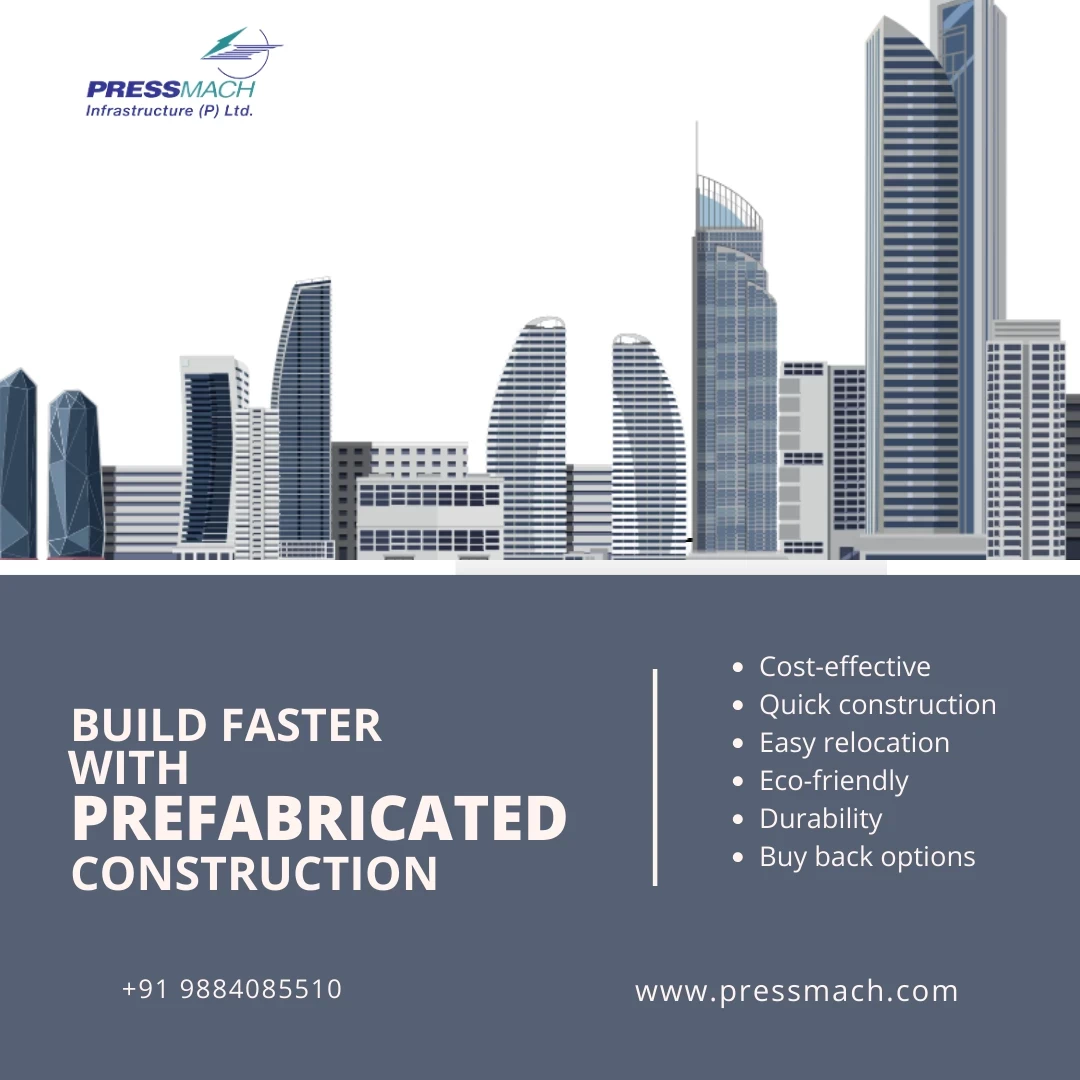
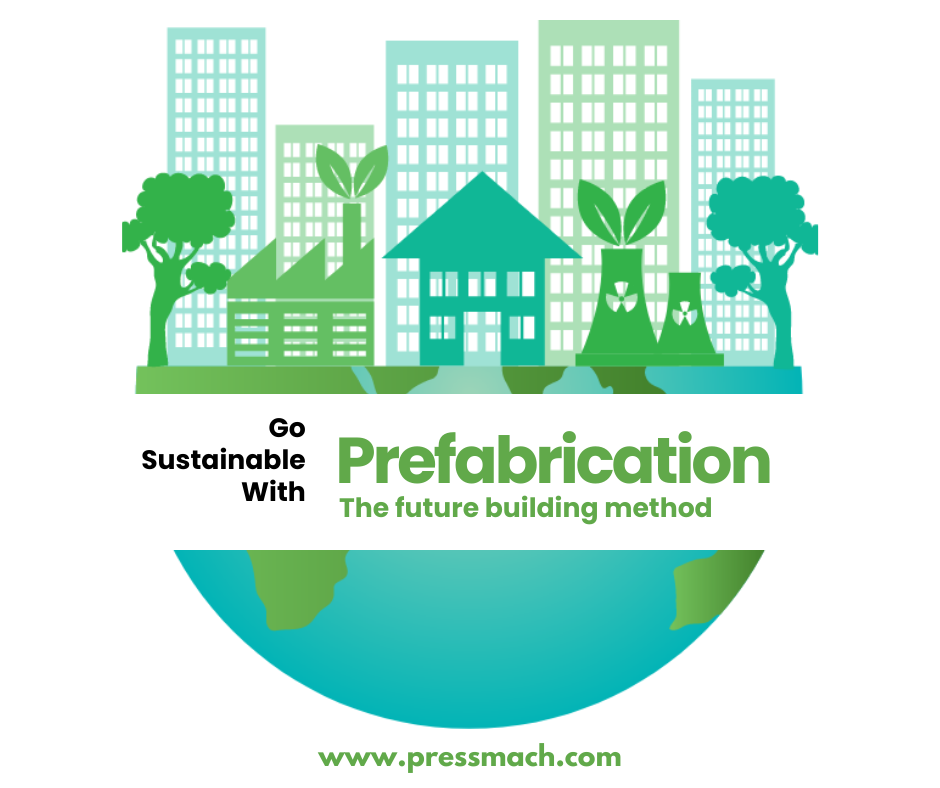
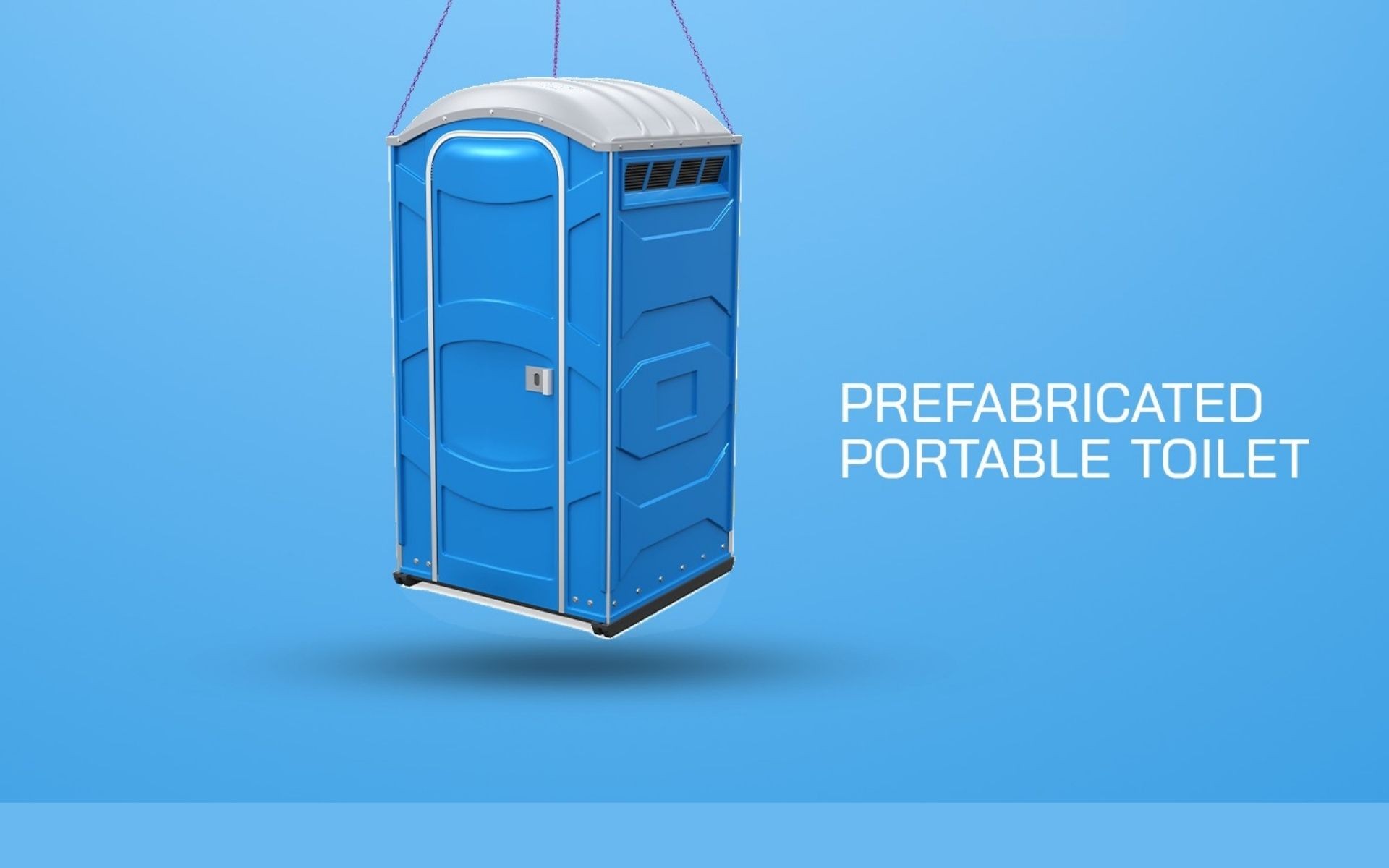

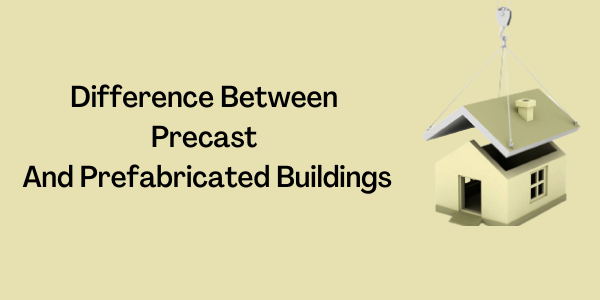
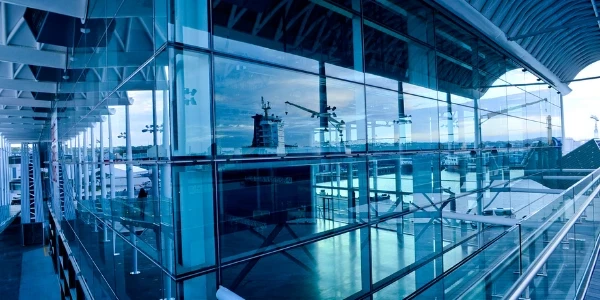

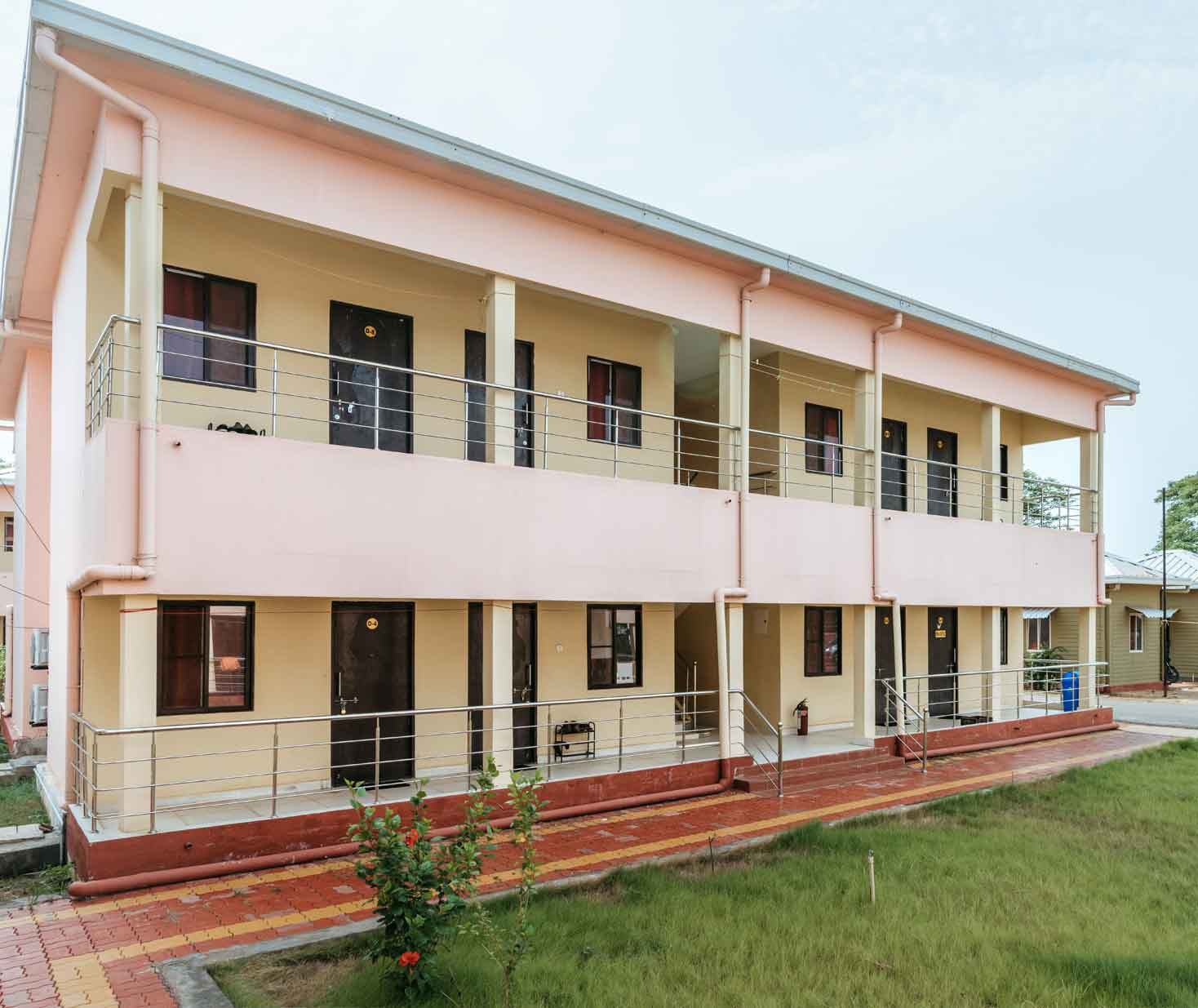
 site office front view622f00119ba65.jpg)

6349487807893.jpeg)